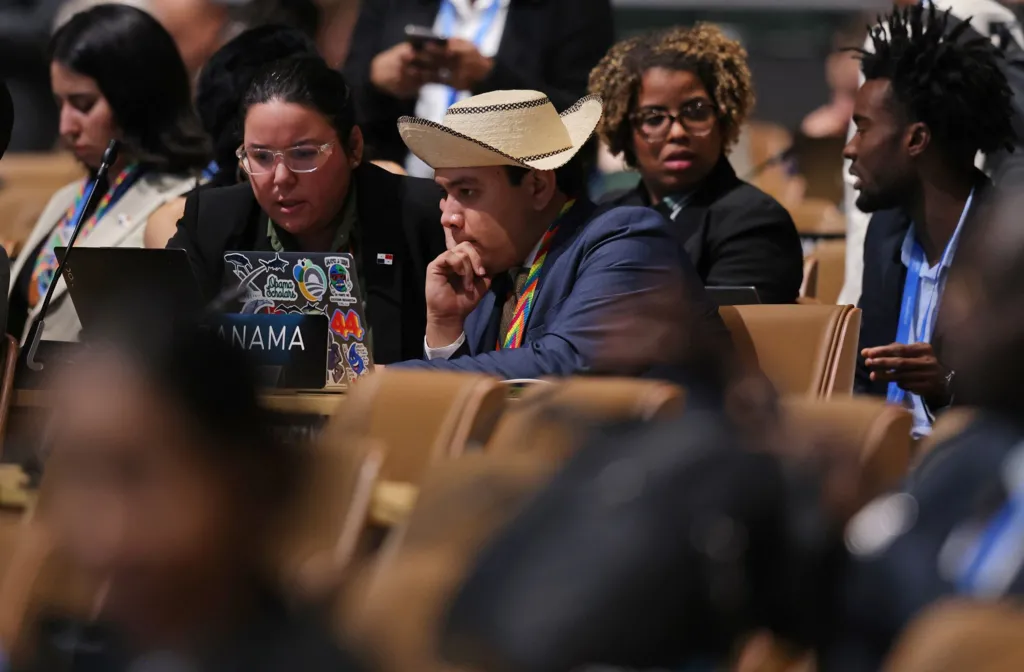
The UN climate summit, COP29, concluded in Baku, Azerbaijan, with a record pledge of $300 billion per year by 2035 to assist developing countries in combating climate change. However, the agreement, reached after marathon negotiations, has faced criticism from poorer nations who argue the amount falls significantly short of their needs.
The deal acknowledges the disproportionate burden faced by developing countries due to climate change, despite their historically lower contribution to the problem. However, the final pledge is far less than the $1.3 trillion developing countries had sought, leading to expressions of disappointment and frustration.
The head of the UN climate body, Simon Stiell, acknowledged the agreement’s imperfections, stating that “no country got everything they wanted, and we leave Baku with a mountain of work still to do.”
The agreement includes a commitment to raise $1.3 trillion annually from both public and private sources by 2035, in addition to the $300 billion pledge. While the announcement was met with applause, India’s representative, Leela Nandan, criticized the amount as “abysmally poor” and “a paltry sum.”
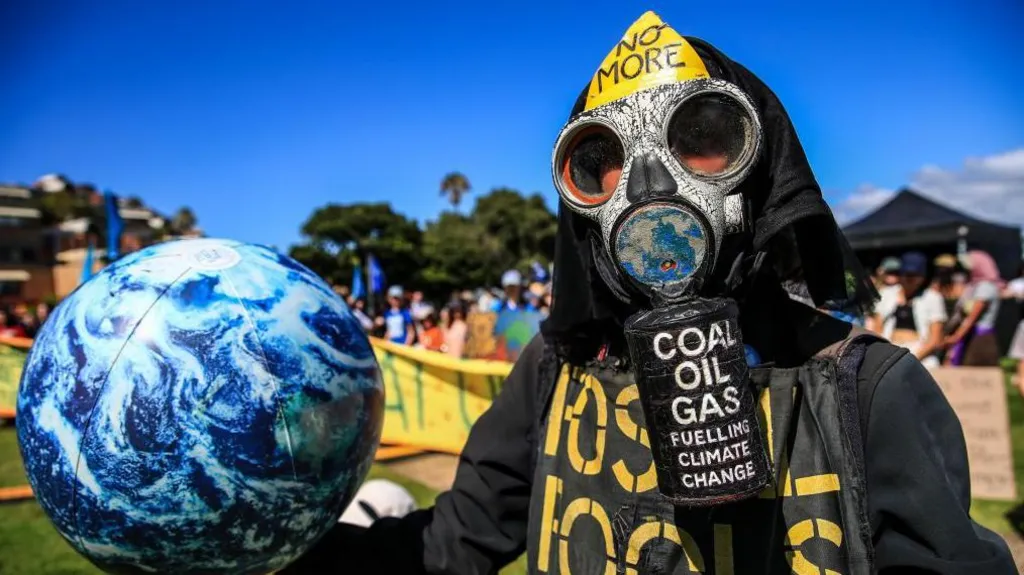
Cedric Schuster, chair of the Alliance of Small Island States, expressed his disappointment, stating, “Our islands are sinking. How can you expect us to go back to the women, men, and children of our countries with a poor deal?”
The funds are intended to help developing countries transition away from fossil fuels and invest in renewable energy sources. The agreement also includes a commitment to triple the funding allocated for climate change adaptation and preparedness.
Despite the record funding pledge, climate charities and NGOs have criticized the deal as inadequate. They argue that it fails to address the urgent need for climate action and protects “reckless nature destroyers.”
The looming withdrawal of the United States from the Paris Agreement under the incoming Trump administration has cast a shadow over the negotiations. Experts believe that the US’s absence will make it more challenging to achieve the ambitious funding goals.
While the agreement signifies a continued commitment to international cooperation on climate change, the challenges ahead remain significant. The frustration expressed by developing nations highlights the need for greater ambition and urgency in addressing the global climate crisis.




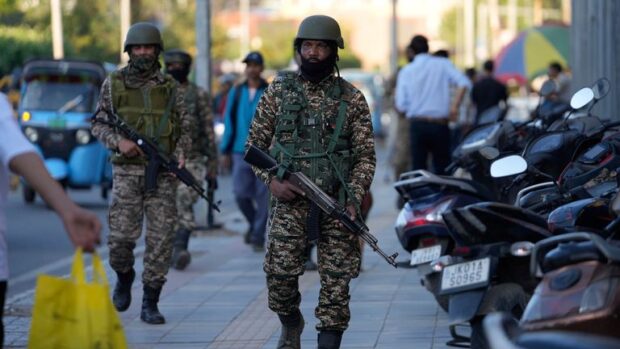




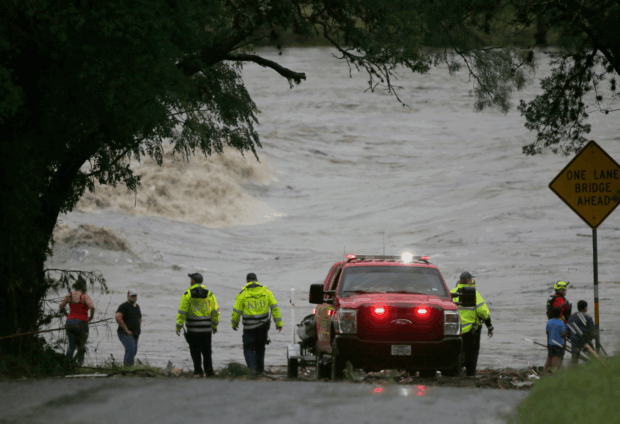



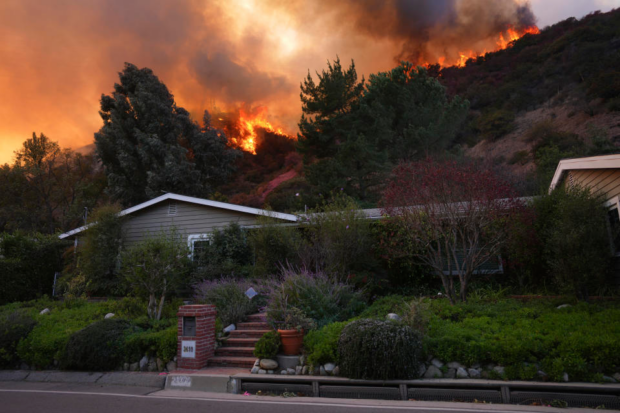

Be the first to leave a comment